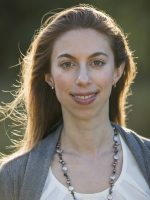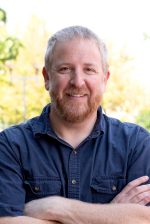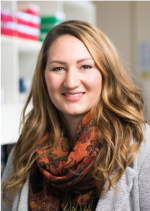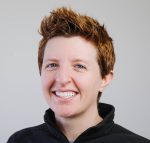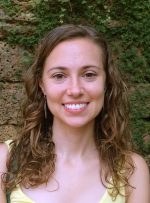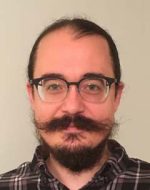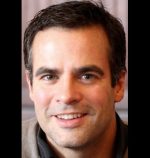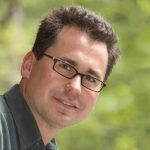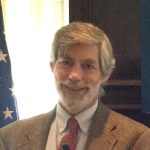People
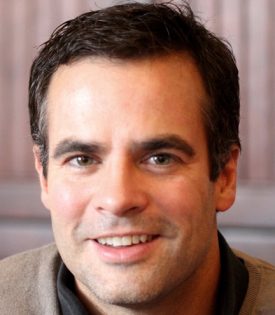
David Puts
Dr. Puts studies the neuroendocrine and evolutionary bases of human sexuality and sex differences. His research focuses on how sexual selection has shaped human anatomy, psychology and behavior, as well as the hormonal and genetic basis for these and other sexually differentiated traits. Members of Dr. Puts’s lab employ a variety of methodological techniques in the lab and in the field across cultures and species, including psychological experimentation, anthropometry, enzyme immunoassay of salivary steroid concentrations, and candidate gene and genome-wide association studies.
Email – dap27@psu.edu
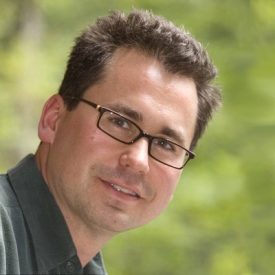
Mark Shriver
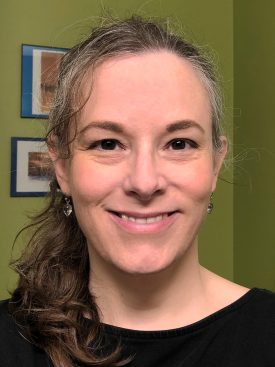
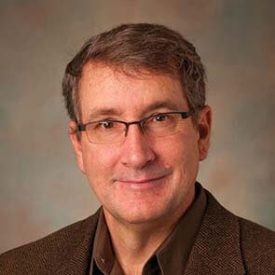
David Almeida
Email – dalmeida@psu.edu
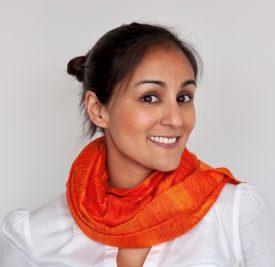
Nita Bharti
The Bharti lab works on the links between human behavior and human health with a focus on movement, access to health care, and the transmission and prevention of infectious diseases. Understanding the interactions that lead to disease emergence, transmission, and persistence allows us to develop interventions that directly target important underlying mechanistic processes. We explore the emergence of novel diseases as well as the determinants and consequences of long-standing health inequities. We work across biology, ecology, anthropology, and geography because disease management requires an understanding of the social, biological, and environmental determinants of pathogen emergence, transmission, and persistence.
Email – nita@psu.edu
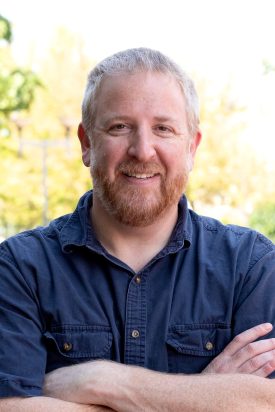
Seth Bordenstein
Dr. Bordenstein has studied the evolution, diversity, and applications of animal-microbe symbioses and microbiomes for over 25 years. He is an evolutionary geneticist and microbiologist in the Departments of Biology and Entomology, the founding Director of the worldwide HHMI-initiated science education program Discover the Microbes Within! The Wolbachia Project, and the Director of the distinguished Penn State Microbiome Center composed of over 500 members spanning human, environmental, and agricultural microbiome sciences. The Bordenstein laboratory accelerates knowledge and applications on the evolutionary, functional, and genetic principles that shape symbiotic interactions between animals, microbes, and viruses spanning insect symbiosis, vector control, and human microbiomes and health disparities. Towards these goals, the team employs hypothesis-driven approaches to unbias human microbiome studies and unravel the diversity of human microbiomes across the diversity of all of us, an effort that will require the integration of many life and social sciences subdisciplines. He is the recipient of the 2014 Jeffrey Nordhaus Award for Excellence in Undergraduate Teaching, 2014 Chancellor’s Award for Research, 2018 Chancellor Faculty Fellow Award from Vanderbilt University, 2020 Genetics Society of America Award for Excellence in Education, 2020 Centennial Endowed Professorship, and 2022 Dorothy Foehr Huck and J. Lloyd Huck Endowed Chair in Microbiome Sciences.
Email – s.bordenstein@psu.edu
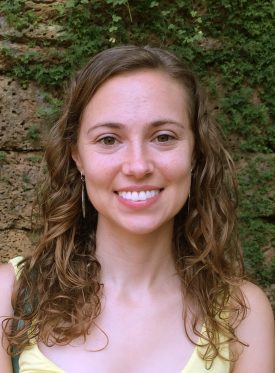
Emily Davenport
The Davenport lab seeks to understand the complex relationship humans have with our microbiomes. What determines gut microbiome composition? Does the microbiome affect our health? What’s the evolutionary relationship humans have with our microbiomes? We answer these questions using a genomic perspective, with high-throughput microbiome and metagenomic sequencing technologies and novel computational and statistical techniques.
Email – emily.davenport@psu.edu
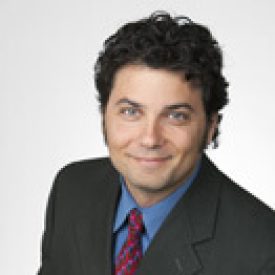
Peter Hatemi
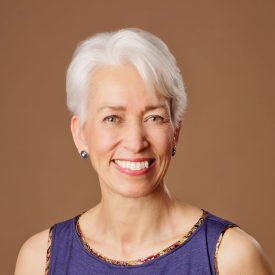
Nina Jablonski
A biological anthropologist and paleobiologist, she studies the evolution of adaptations to the environment in Old World primates including humans.
Her research program is focused in two major areas. Her paleoanthropological research concerns the evolutionary history of Old World monkeys, and currently includes an active field project in China. Her research on the evolution of human adaptations to the environment centers on the evolution of human skin and skin pigmentation, and includes an active field project examining the relationship between skin pigmentation and vitamin D production.
Email – ngj2@psu.edu
STIAS (Stellenbosch Institute for Advanced Study) Effects of Race Project
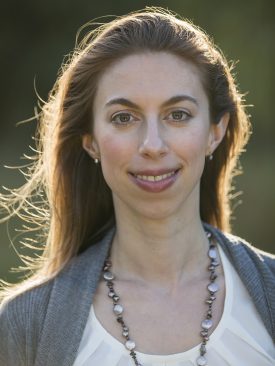
Elizabeth Losin
Elizabeth Losin, Ph.D. is the Bennet Pierce Associate Professor in Caring and Compassion in Adulthood and Aging and Director of the Social and Cultural Neuroscience Lab at the Pennsylvania State University. She received her Ph.D. in Neuroscience from UCLA in 2012 and was an Assistant Professor in the Department of Psychology at the University of Miami from 2015-2023. Her passion lies in combining her training in anthropology and neuroscience to explore the bidirectional relationship between culture and the brain. She has investigated how humans acquire cultural beliefs and practices through imitation, how these beliefs and practices shape psychology and brain function by comparing individuals with different socio-cultural backgrounds, and how both processes impact human health and health care. Along with the SCN Lab members, she is currently focusing on how cultural experiences (e.g., discrimination) and social situations (e.g., the doctor-patient relationship) influence pain perception and the brain mechanisms underlying it.
Email – liz.losin@psu.edu
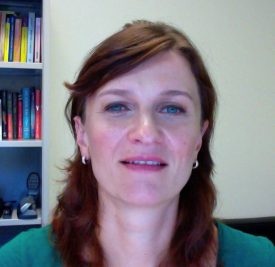
Kateryna Makova
Kateryna is interested in genomics, evolution, and human genetics. Her lab studies mutations using both computational and experimental approaches. Additional topics of interest include sex chromosome evolution and genomics of childhood obesity.
Email – kmakova@bx.psu.edu
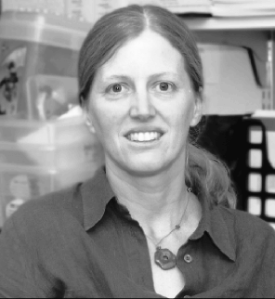
Jenae Neiderhiser
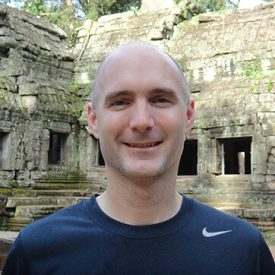
George (PJ) Perry
PJ is a biological anthropologist with training in genomics. His research group at Penn State uses genomics and other approaches to study human and non-human primate evolutionary ecology – how we have adapted to our variable or changing environments. Current human research in his laboratory includes evolutionary studies of rainforest hunter-gatherer populations in Central Africa and Southeast Asia, and population history studies of the Malagasy, the people of Madagascar. His lab also has an ancient DNA component that is used primarily for genomic studies of Madagascar’s extinct, giant ‘subfossil’ lemurs, but also for studies of archaeological human populations.
Email – ghp3@psu.edu
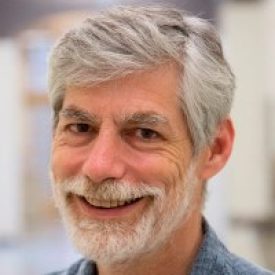
Eric Plutzer
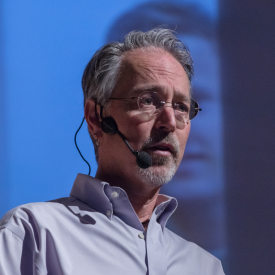
Sam Richards
Dr. Samuel Richards is an award winning teacher and sociologist at Penn State University and the instructor of the largest race, gender and cultural relations course in the United States. With over 760 students each semester and a twenty-five-year legacy, that course was the subject of an Emmy Award winning television broadcast called, “You Can’t Say That.” The course is currently streamed live to the world every Tuesday and Thursday afternoon at https://www.soc119.org. His current work focuses on inequality stemming from racial and gender differences and he works to develop programs that bridge cultural divides.
Email – samrichards@psu.edu
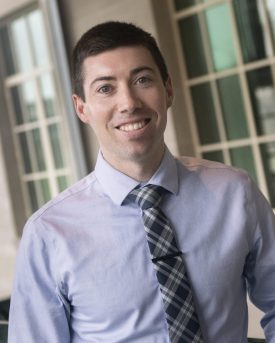
Asher Rosinger
Asher Rosinger is a human biologist. At PSU, Asher directs the Water, Health, and Nutrition laboratory, which examines how humans respond to changing nutritional and economic environments through water and dietary intake and the significance of mismatches in these relationships for short- and long-term health, nutrition, and disease. His overall research program is designed to understand the range of human variation in water intake and how this relates to perception, environmental resources, water insecurity, and health, hydration, and disease risk. In particular, he examines these issues in the Bolivian Amazon among indigenous Tsimane’ forager-horticulturalists, in Kenya among Daasanach agro-pastoralists, and in the US using complex survey data from the National Health and Nutrition Examination Surveys (NHANES). He explores the consequences of these strategies, states of health and behaviors, and of different diseases on hydration status using biomarker data.
Email – axr579@psu.edu
Water Health and Nutrition Lab
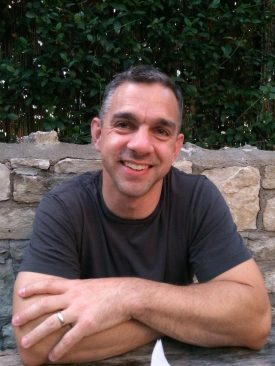
Tim Ryan
Dr. Ryan is interested in primate and human evolutionary morphology, skeletal biology, and bone biomechanics. His research makes use of advanced computational techniques such as high-resolution computed tomography imaging and three-dimensional quantification to understand bone function and biomechanics. Dr. Ryan’s research seeks to answer questions related to normal bone development, the responsiveness of bone to mechanical loading, and the relationship between specific human activity patterns and bone structure.
Email – tmr21@psu.edu
Functional and Evolutionary Morphology Research Lab
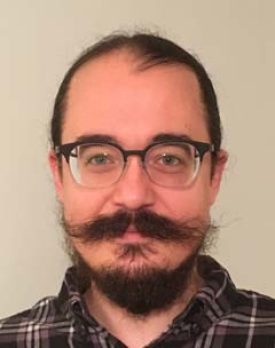
Zachary Szpiech
Zachary is interested in population genetics and evolution. His lab studies the effects of population history and natural selection on patterns of genetic diversity to learn about human evolution and disease susceptibility.
Email: zps5164@psu.edu
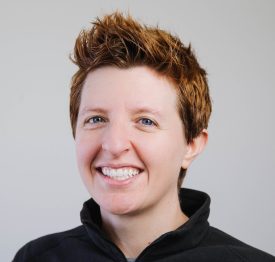
Jennifer Wagner
Dr. Wagner’s research focuses on promoting the international human right to science in genetics/omics, precision medicine, and digital health technologies and involves anthroengineering and ELSI (ethical, legal, and social issues) research with an emphasis on nondiscrimination, data privacy, and human-centered design.
Email – jkw131@psu.edu
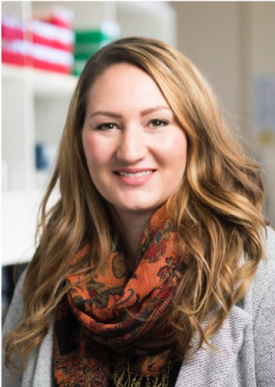
Laura Weyrich
The MicroARCH Lab leverages the evolutionary history of our microbes to better understand how chronic diseases came to be and how we may treat them differently. The team routinely reconstructs the community of microorganisms — the microbiome — that live within the human mouth to understand how we obtained the microbes we have, what events in the past shaped these microbes, and how they might be contributing to disease today. We use a mixture of ancient DNA, comparative genomics, and modelling to leverage ancient and historical information to design better microbiome focused treatments of the future.
Email – lsw132@psu.edu
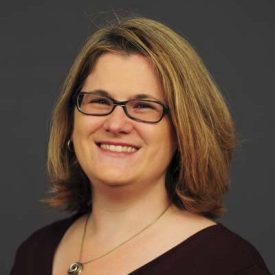
Heather Toomey Zimmerman
Heather is a learning scientist who investigates and designs meaningful trajectories of educational activities for families and young people during out-of-school time. Her goal is to connect everyday life experiences to the learning that happens in schools, camps, museums and other informal spaces. Her research interests include science learning, parent-child interactions, designing for learning in informal institutions, technology to support learning across settings, and gender issues that intersect with STEM disciplines.
Email – heather@psu.edu
